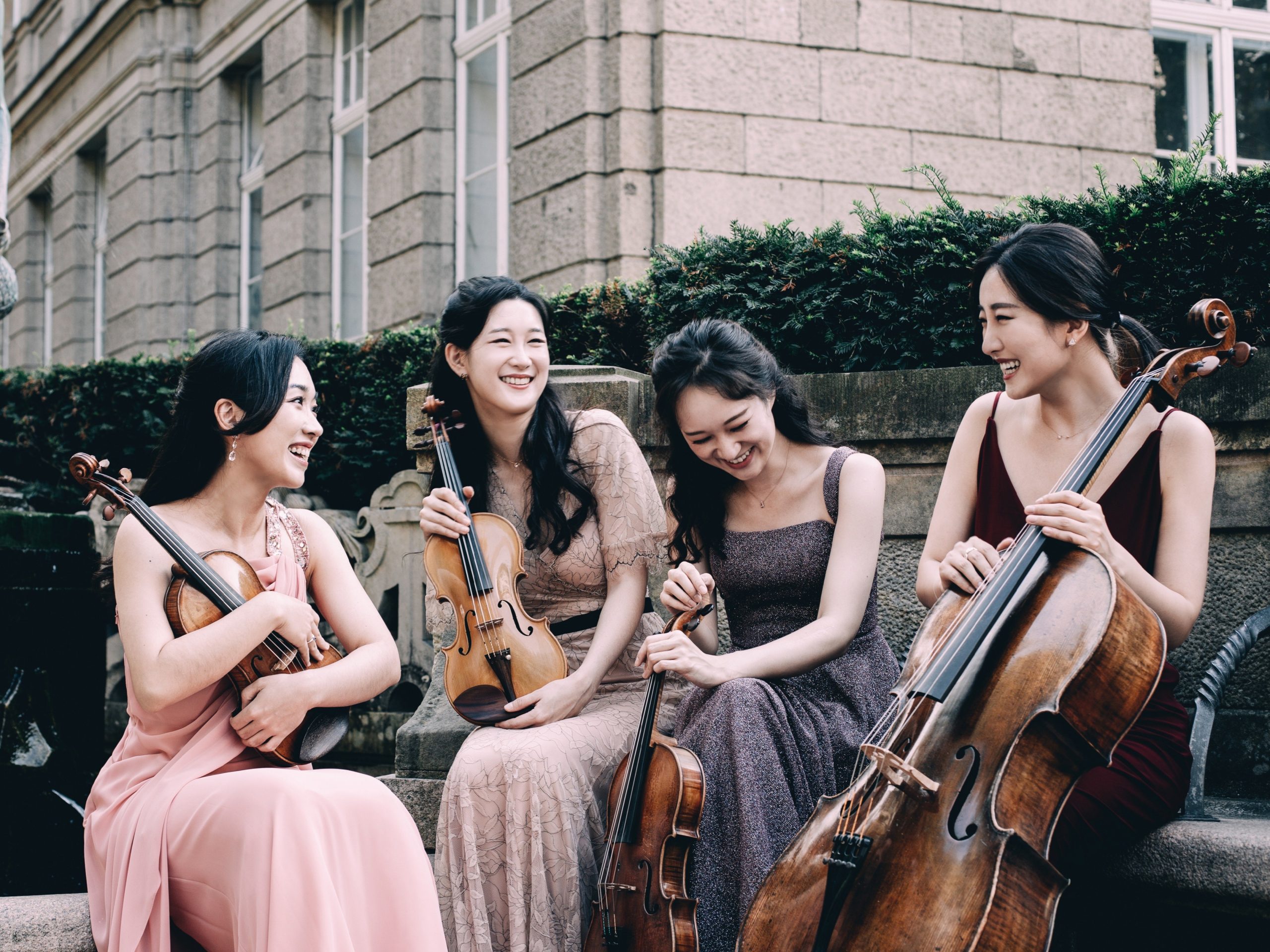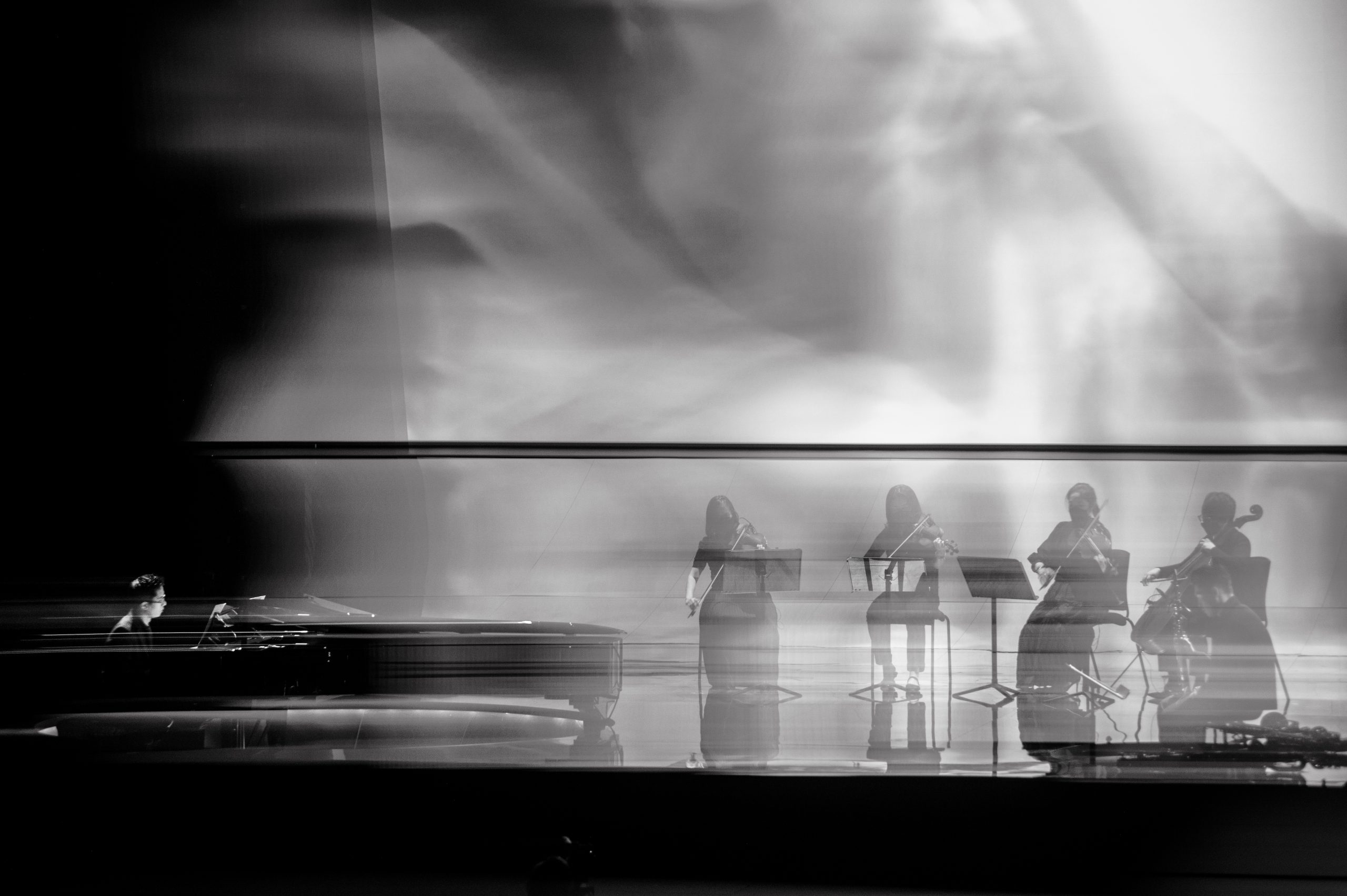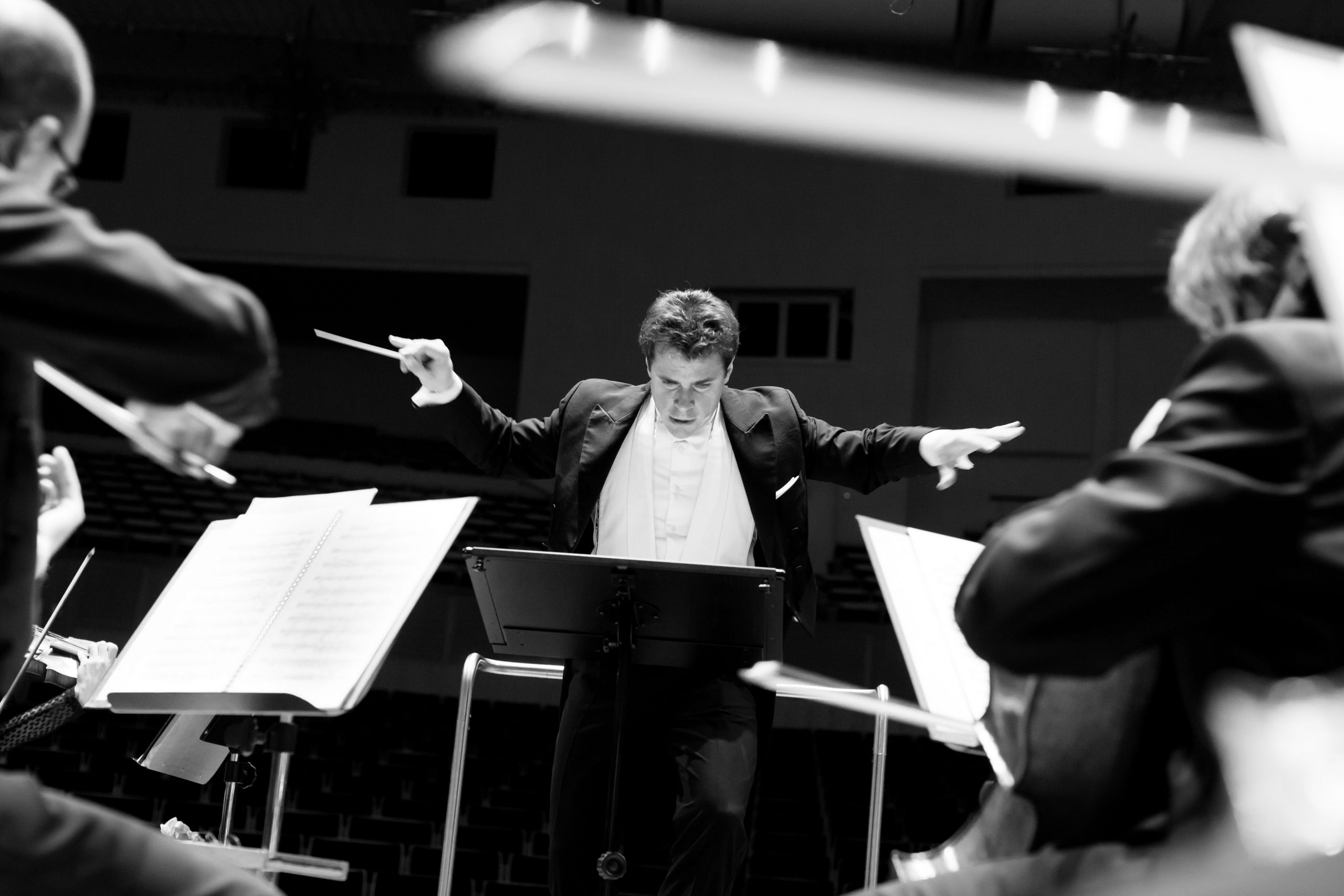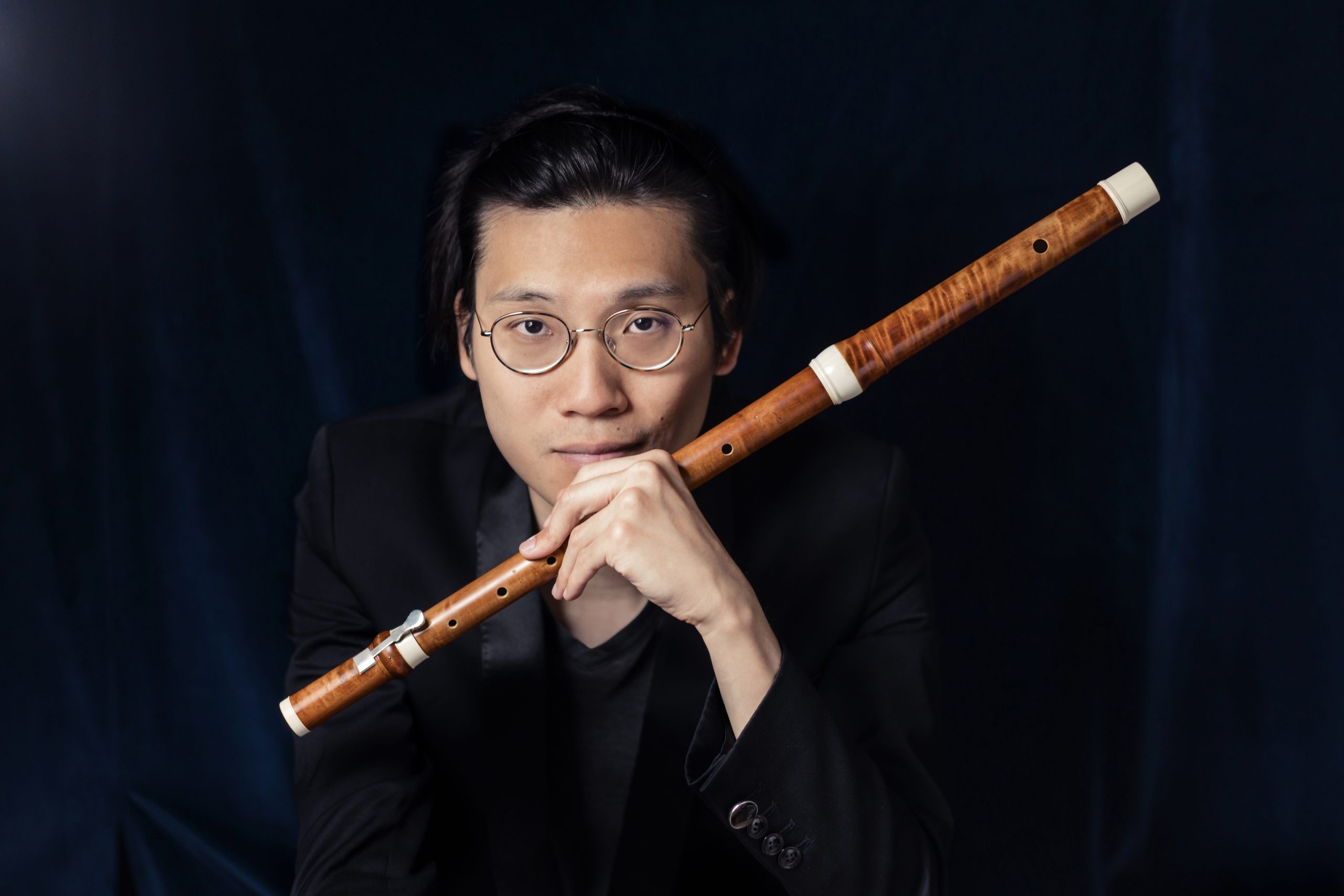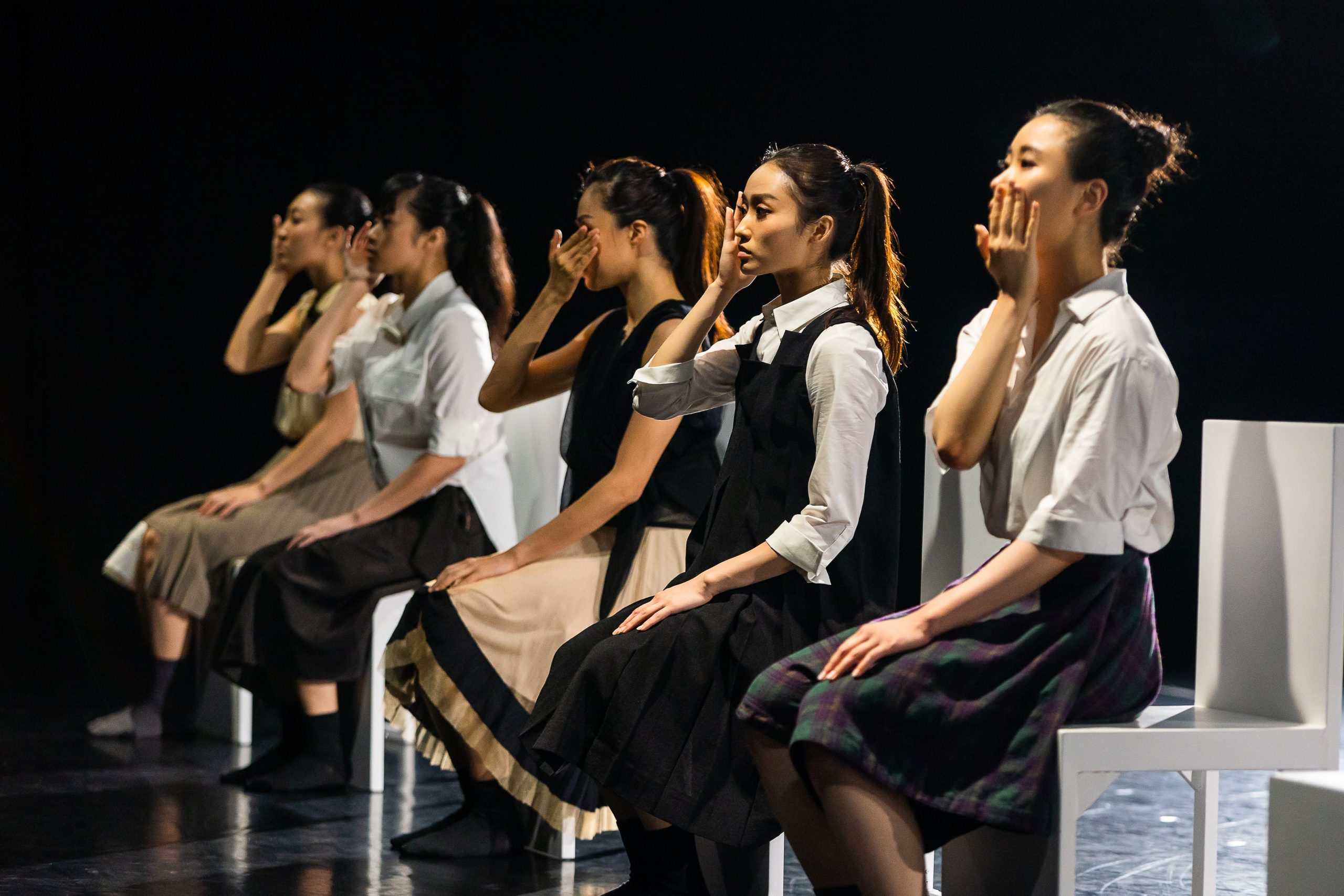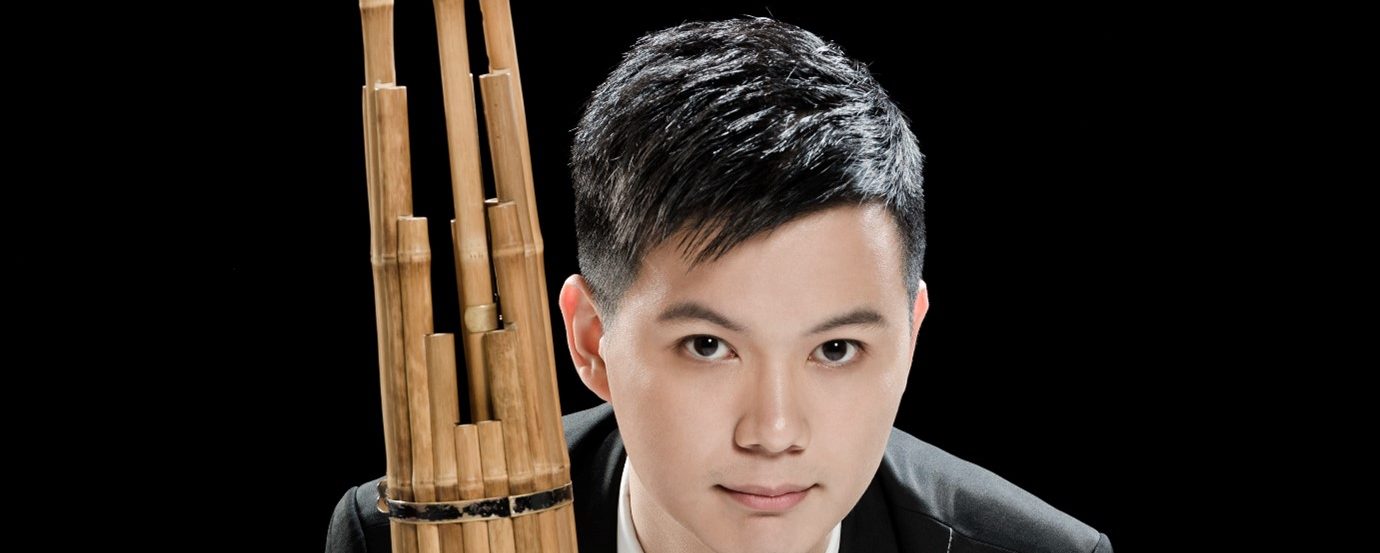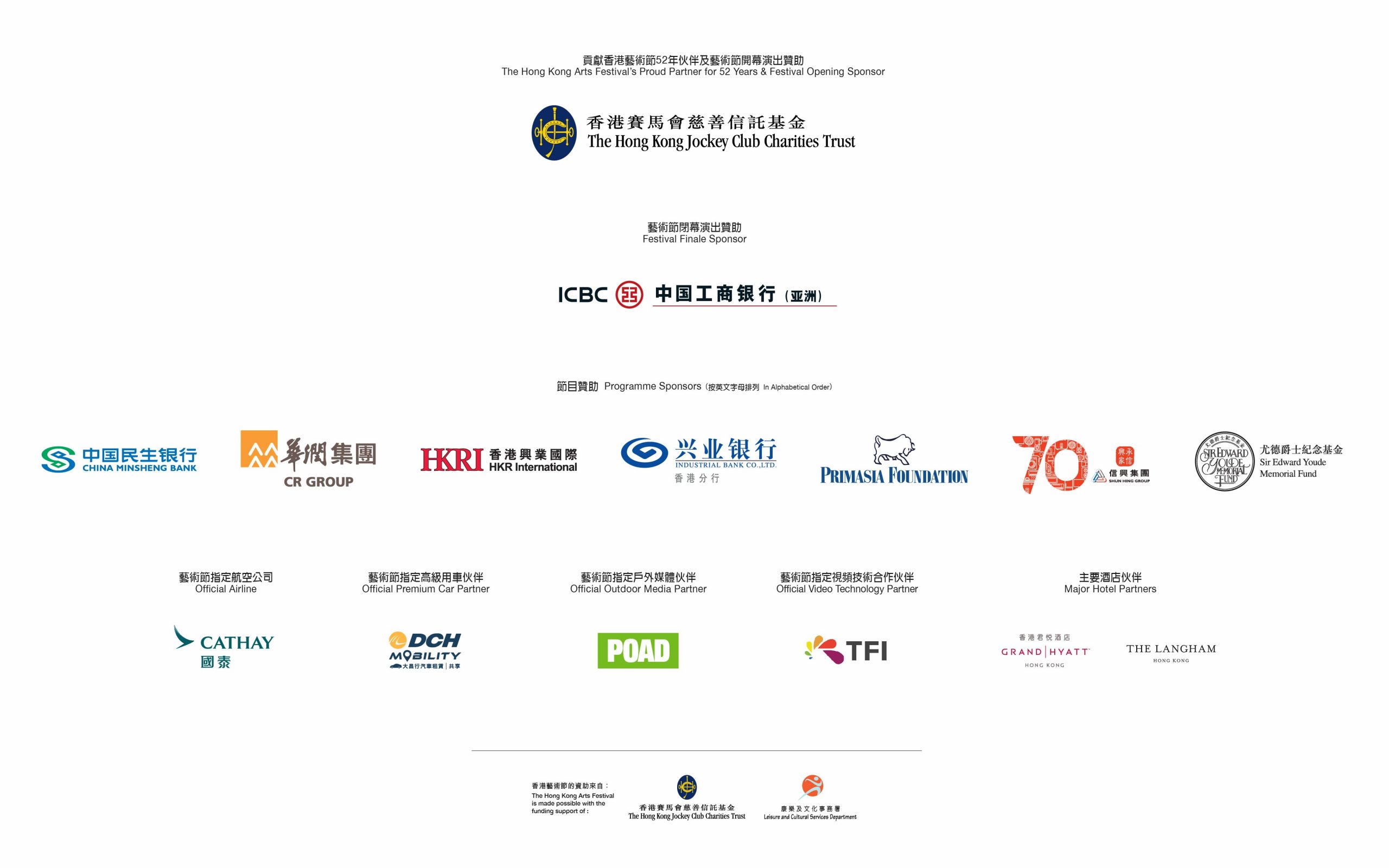The members of Esmé Quartet, one of the most dynamic and refined string quartets of its generation, are true rising stars of the classical music world. Its name, Esmé, is taken from an old French word that means "loved". The group was formed in 2016 when four young South Korean musicians met at the Hochschule für Musik in Cologne, Germany.
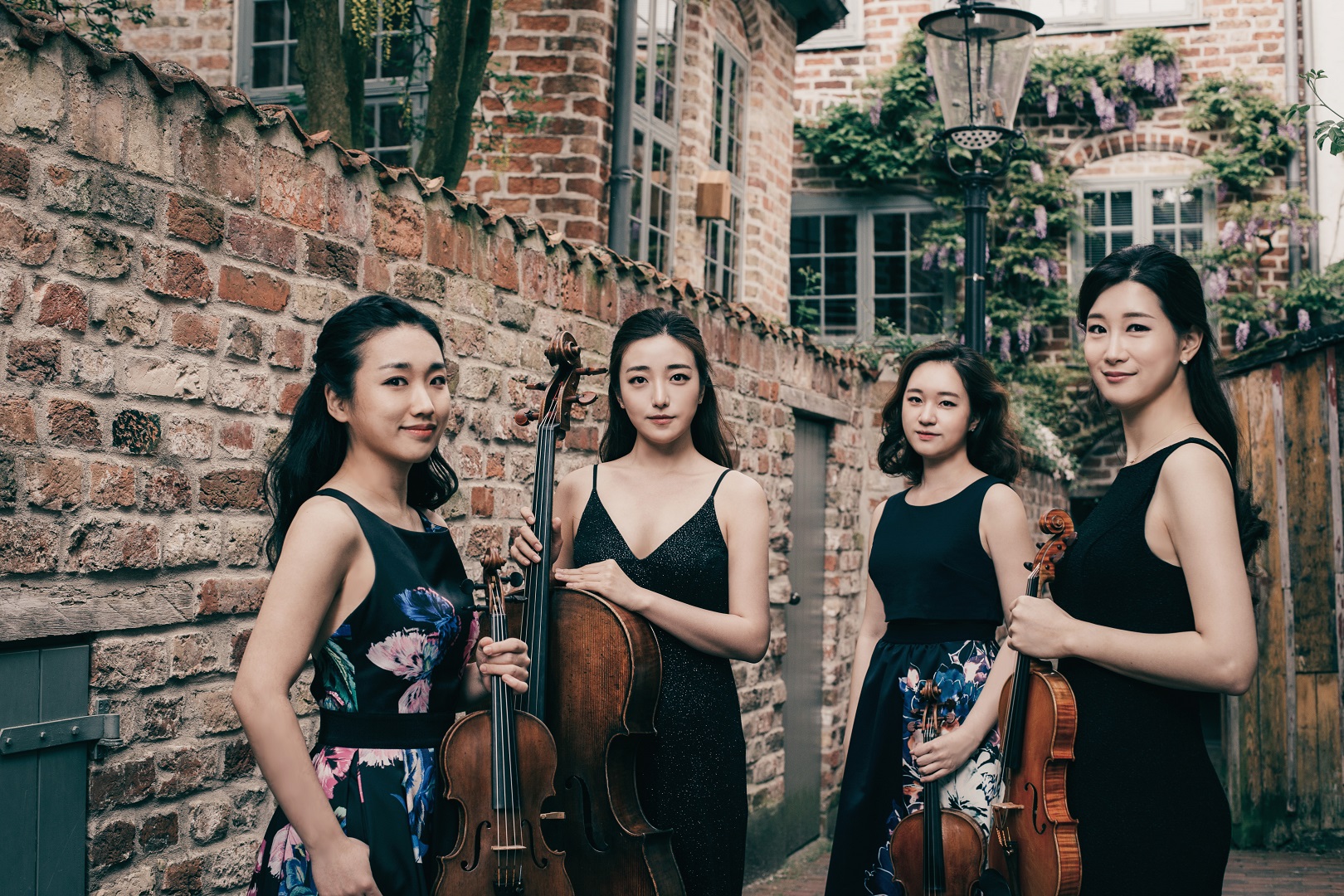
Quartet became an instant sensation
Known for lyrical, almost operatic performances that always seem to tell a story, the Esmé Quartet launched its international career and became an instant sensation after winning the first prize and four special prizes in the prestigious Wigmore Hall International String Quartet Competition in London in 2018, becoming the first all-female group to be crowned with the title. In the summer of the same year, the quartet served as the Quartet in Residence at the Aixen-Provence Festival.
After these initial breakthroughs, Esmé received invitations to perform recitals and concerts all over the globe, from Europe to the US and Asia, appearing at distinguished music festivals and concert halls such as the Lucerne Festival and Hamburg's Elbphilharmonie, among others. Esmé's debut recording, which was released in 2020, received a five-star review from Diapason magazine, praising the "lyricism and airy limpidity" and "unexpected depth and appeal" of the quartet's performance.
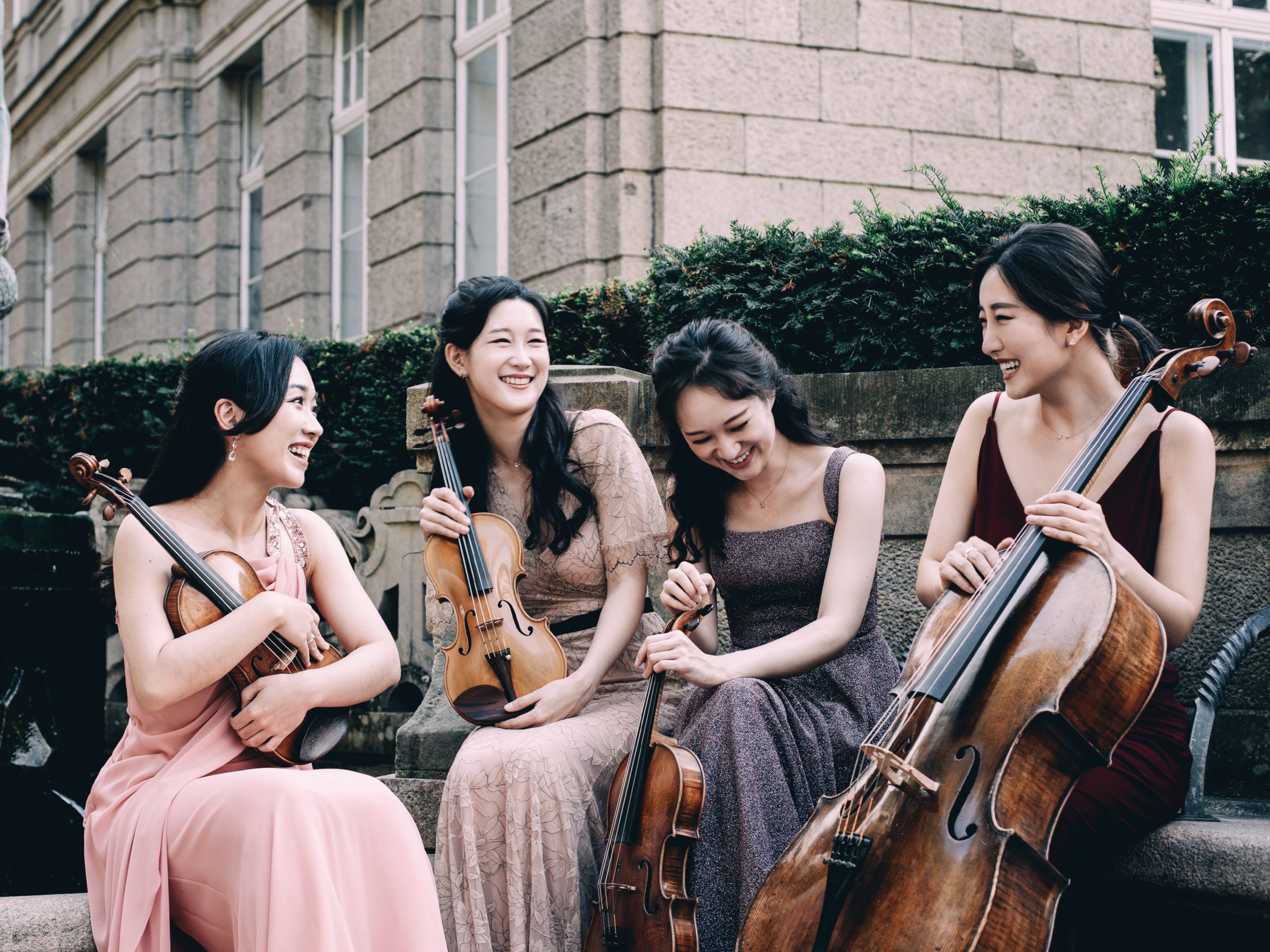
A repertoire of rich nuance
In the Hong Kong debut recital, Esmé will bring three masterpieces of the string quartet repertoire to the Hong Kong Arts Festival audience. Joseph Haydn is acknowledged as the main composer who defined the string quartet genre as we know it today. His String Quartet in E-flat major, Op 33, No 2 is a favourite among quartet lovers for its wittily designed final movement, which teases the listeners' expectations with unexpected long pauses and other surprises, hence its nickname, "The Joke".
Another programme highlight is Schubert's String Quartet No 14 in D minor, D 810, known as "Death and the Maiden". The monumental piece is considered one of the most important compositions in the chamber music repertoire. Schubert wrote it in 1824 when his physical and mental health was deteriorating. Schubert wrote to a friend in a letter: "Imagine a man whose health will never be right again, and who, in sheer despair over this, even makes things worse instead of better. Imagine a man, I say, whose most brilliant hopes have perished." Death and the Maiden is the title of a short poem by the 18th-century German poet Matthias Claudius and Schubert set the poem to music in 1817. He reused the opening funeral march in the second movement of this string quartet, which gave the piece its nickname. The overarching melancholic writing makes it impossible to ignore the shadow of death hanging over Schubert at the time.
The Esmé Quartet will also perform in two other Hong Kong Arts Festival programmes this year. In Voices of Hope and Togetherness, Esmé will be joined by the Hong Kong Philharmonic Orchestra and conductor Wilson Ng to perform John Adams' Absolute Jest, a concerto for string quartet and orchestra, and other works by Adams and Unsuk Chin. And the quartet will also appear in the programme The Book of Water, an elegant chamber music theatre project created and directed by acclaimed Dutch composer Michel van der Aa.
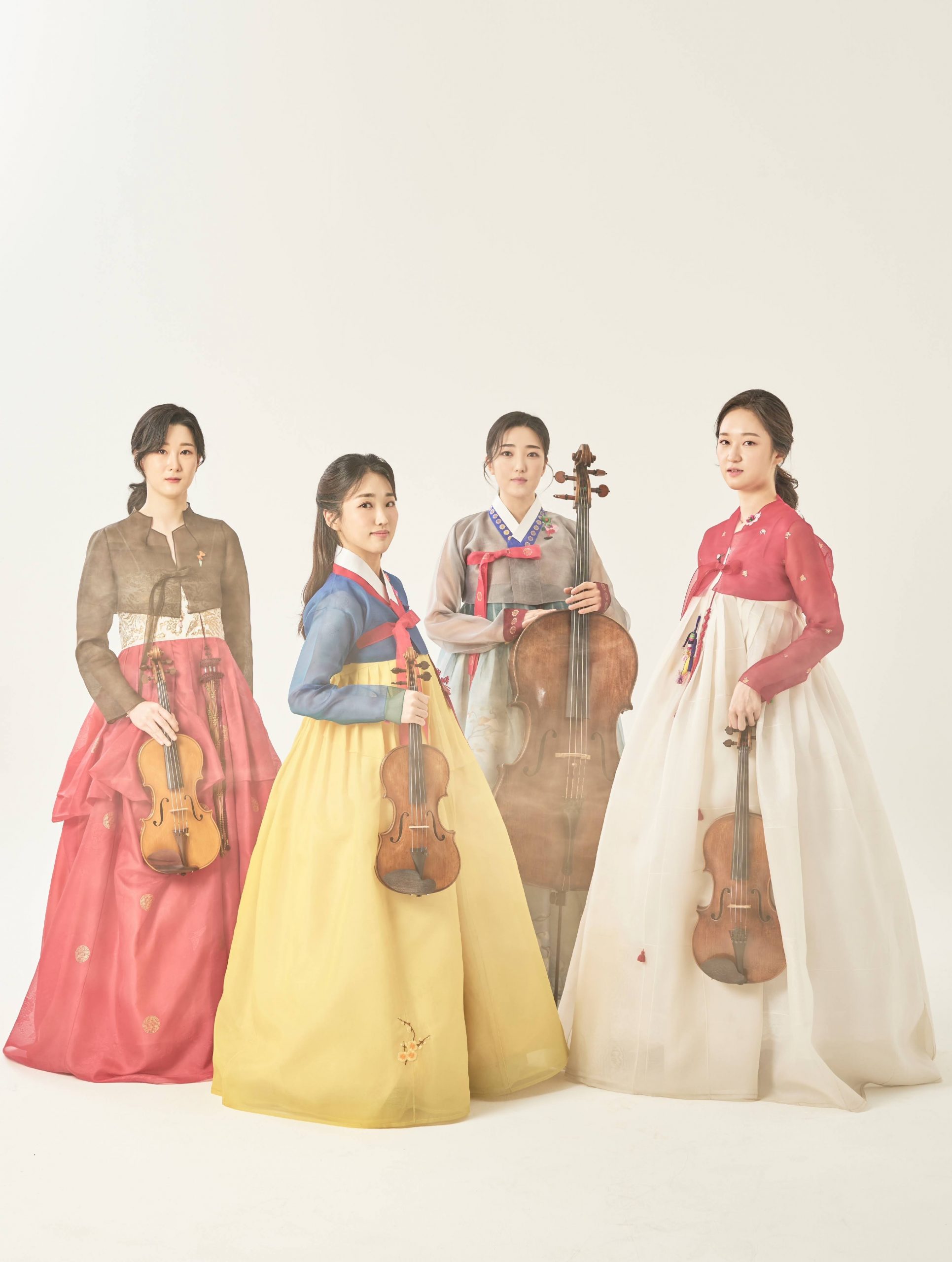
Dazzle —Esmé Quartet Recital
Detail: https://www.hk.artsfestival.org/en/programme/esm%C3%A9_quartet_recital
